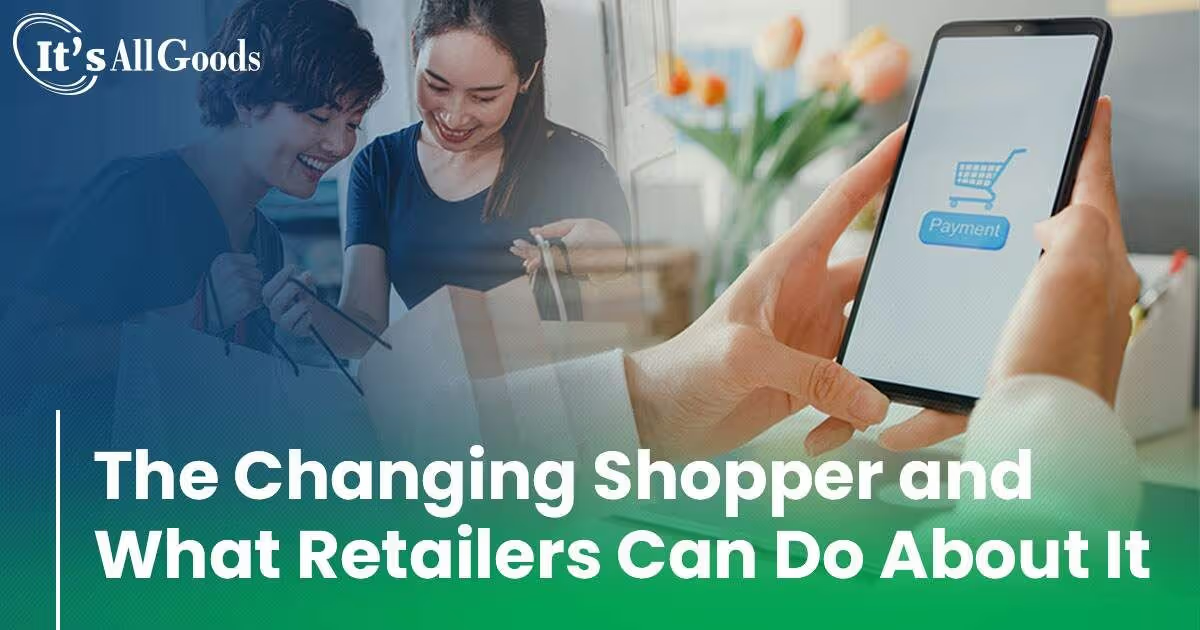

hoppers are showing up with a completely different mindset than they were two, three, or five years ago. This new mindset is driven by expectations that retailers will read their minds. The modern consumer expects access to the products they want at the most competitive prices. While this may seem like an impossible task for C-store operators, the truth is that these new expectations actually create extraordinary opportunities for expanding relationships with customers. Take a look at three things every C-store owner needs to know about "the changing shopper."
"In 2019, 92% of consumers used coupons when shopping," according to data shared by Forbes.
While C-store owners might assume that the expectation for discounts is only limited to classic online purchases, the truth is that shoppers now see discount offers as part of the customer-retailer relationship.
While 40% of shoppers look for digital coupons before shopping, 51% are still searching for paper coupons. That means that retailers have many different channels for drawing customers in through discounts using:
While "coupon clippers" have always existed, the truth is that today's modern consumers have grown so accustomed to checking for a coupon or discount code before making a purchase that retailers that don't offer coupons give off the appearance of providing a bad deal. While C-store owners might assume that the expectation for discounts is only limited to classic online purchases, the truth is that shoppers now see discount offers as part of the customer-retailer relationship. In fact, offering discounts through a loyalty program is one of the best ways to consistently satisfy the modern customer's expectation for savings.
News about new products travels quickly on social media. As a result, customers are walking into convenience stores with expectations that their neighborhood retailers will be gateways to whatever the latest "craze" is at the moment. This is especially true when it comes to drink flavors, new snacks, or promotional products of any kind. It can even apply to how items are dispensed. For instance, customers are increasingly expecting to see "freestyle" digital soda machines, "virtual barista" coffee dispensers, and other high-tech self-service features. A sign outside of a C-store advertising a new "novelty" machine is a powerful piece of shopper marketing.
Is your store open even though the weather is bad? What are your hours for the holiday weekend? Has the local power outage affected your store? These are all things customers want to be able to know at any given minute. Unfortunately, only having store hours posted on Google doesn't help customers to make real-time decisions about showing up. This is where the importance of social media kicks in.
C-stores should focus on cultivating a local social media presence that allows them to engage directly with their customers. In addition to providing important updates about closures, a social media presence functions like a free advertising platform. Some ways to foster engagement that satisfies the needs of the modern customer include:
The reality of the shopper-retailer relationship today is that most shoppers are engaging with stores online first even if a store is a brick-and-mortar store. The rise of online shopping has simply wired shoppers to have a digital-first attitude. The good news for C-store owners is that the need to spend money on print and radio advertising can be replaced by just a few hours of smart engagement on free social media platforms.
Absolutely! While it can seem like customers expect retailers to complete the impossible task of reading their minds, the truth is that the needs of the changing customer are actually pretty transparent. The modern consumer wants a sense of connectivity within their shopping experience that makes them feel like they are getting access to the best products at the best prices. That's not really very different from what customers have always wanted. The difference now is that the modern customer acts with a sense of urgency that requires retailers to cover every need from the initial digital interaction until the closing of the cash register door.